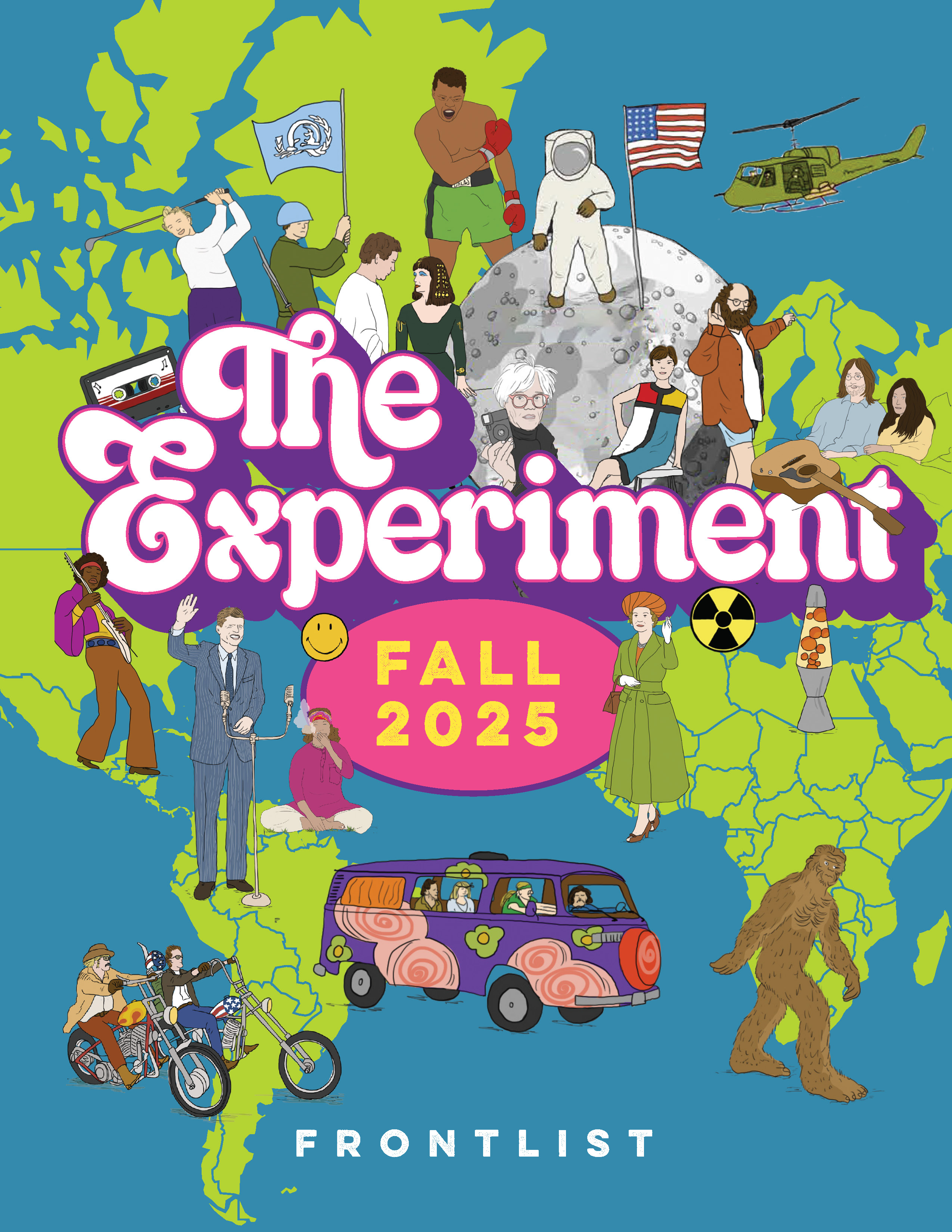Race is not a biological reality—and racism thrives on our not knowing this. Yet science has never before given us clearer answers about who we are and where we come from. This knowledge is sorely needed in our casual conversations about race, and is the basis for Adam Rutherford‘s latest book, How to Argue With a Racist, publishing August 4.
Hailed as “a seriously important work” (Bill Bryson) that offers “a fascinating debunking of racist pseudoscience” (The Guardian), this new work from Rutherford dismantles racially prejudiced ideas and challenges deeply buried misconceptions about genetics with levelheaded scientific evidence. While countering myths with facts, Rutherford traces where these misinterpretations came from, discussing both the racist history of his discipline and the momentous scientific discoveries intertwined with this past. In the science of genetics, nothing is as simple as it might seem. But don’t take our word for it—hear directly from Adam Rutherford himself!
And if that wasn’t enough to tide you over, read on for a sneak peek of discussion questions from the book, developed to help readers engage critically with complex conversations about race, and to aid in confronting biases fed by inaccurate information.
***
Reading Group Questions
1. In the introduction, Rutherford explores how his interest in genetics has been influenced by his background. He discusses his British and Indian heritage as well as his education at University College London, where a key figure in the eugenics movement, Francis Galton, researched. Do you have personal history that has informed your perspective on the science of race?
2. The scientists who pioneered genetics have complicated legacies: Karl Linnaeus founded the taxonomic classification of living things into genus and species (Homo sapiens, for example), but also sorted humans into subspecies based on inaccurate racial stereotypes. How can we teach scientific history in a nuanced way that captures both these realities?
3. The human obsession with sorting things into categories appears throughout genetics’ history, from Johann Blumenbach’s 18th-century ancestral groups to Noah Rosenberg’s DNA analysis clusters from 2002. What are some ways humanity’s tendency to categorize can be helpful? Or harmful?
4. A British person might be excited to find out that they are related to historical figures like Edward III, but it’s mathematically provable that all Brits have a nearly 100 percent chance of descending from Edward III. Why do we remain fascinated by our ancestry despite facts like these?
5. White supremacists use internet forums to spread their ideology, and geneticists often must contend with a “deluge of racist replies” after sharing academic papers online (115). How has technology affected the way we discuss and conceptualize race?
6. On the topic of whether factual evidence can combat racist opinions, Rutherford quotes Jonathan Swift: “Reasoning will never make a Man correct an ill Opinion, which by Reasoning he never acquired.” What other tools can we use alongside science to fight prejudice more effectively?
7. Positive-attribute racism like “East Asians are better at math” or “Africans are the best runners” is often an unintentional expression of prejudice. Although these statements may not be meant negatively, how might they still be damaging?
8. Detractors of IQ as a meaningful scale for intelligence point out problems like potential cultural bias in IQ tests’ formulation, but Rutherford concludes that IQ tests can produce scientifically relevant data despite these issues. Do you think IQ is still a useful way for us to assess intelligence today?
9. Rutherford sums up the difficulty of challenging prejudice when he writes, “It is easier to apply ‘common sense’ arguments, such as that slavery bred natural athletes, than recognize
that life histories, evolution, and genetics are profoundly tricky to unpick” (200). Have there been times in your life when you defaulted to the “simple” answer rather than seeking complexity? What were the results?
10. Some people identify strongly with their race—for example, a Black person who is proud of their Black heritage and culture. Do you think this identification is incompatible with what science tells us about race?
11. For Rutherford, the most important thing a scientist can say is, “We don’t know” (xviii). How does this relate to your view of science? Does uncertainty inhibit you, or inspire you to find out more?



